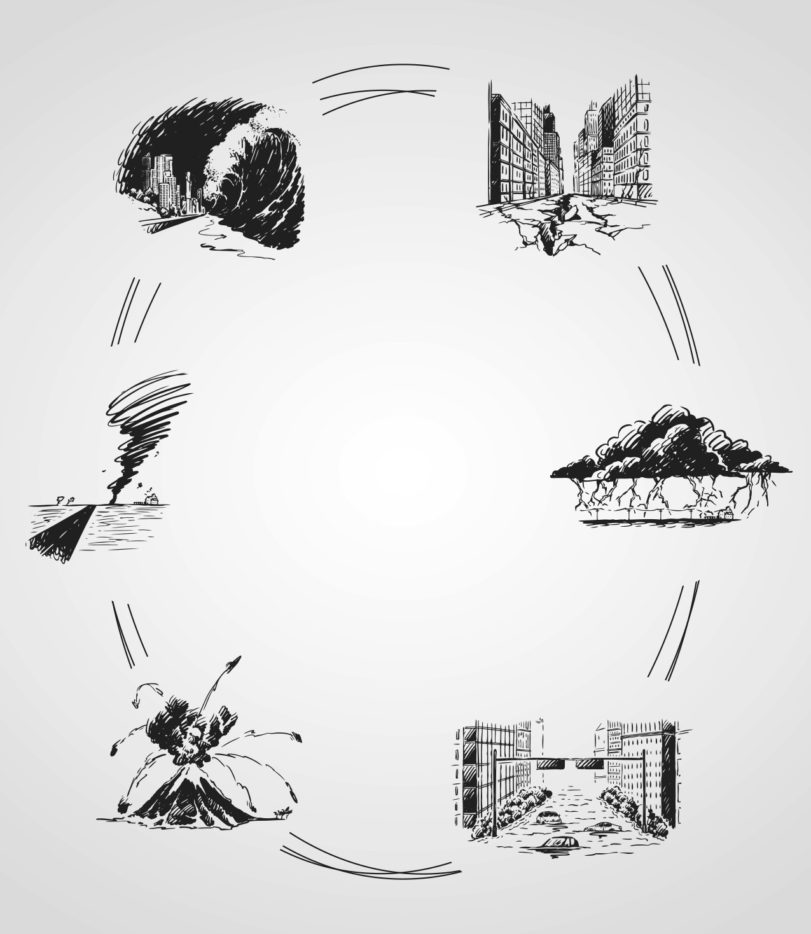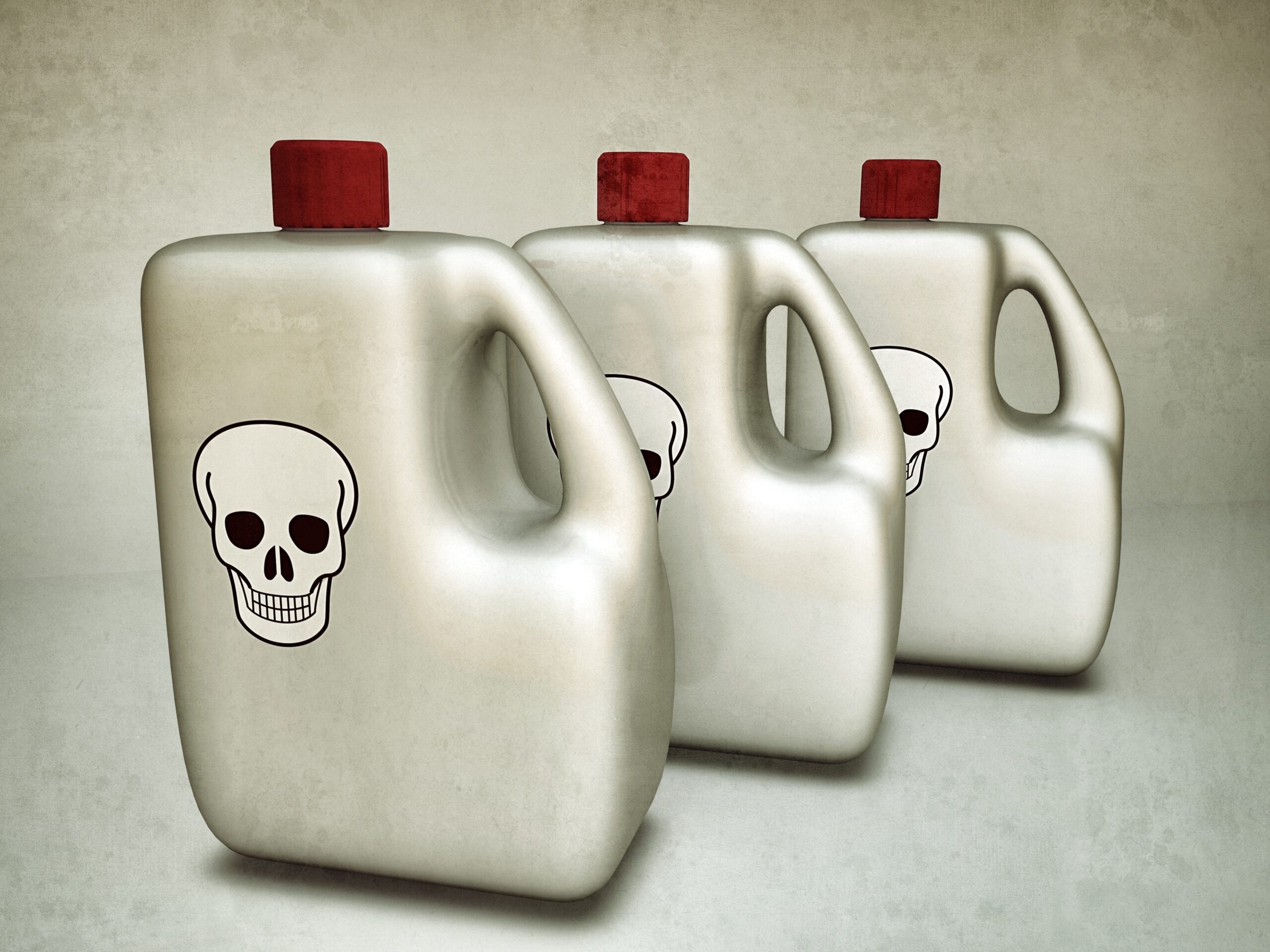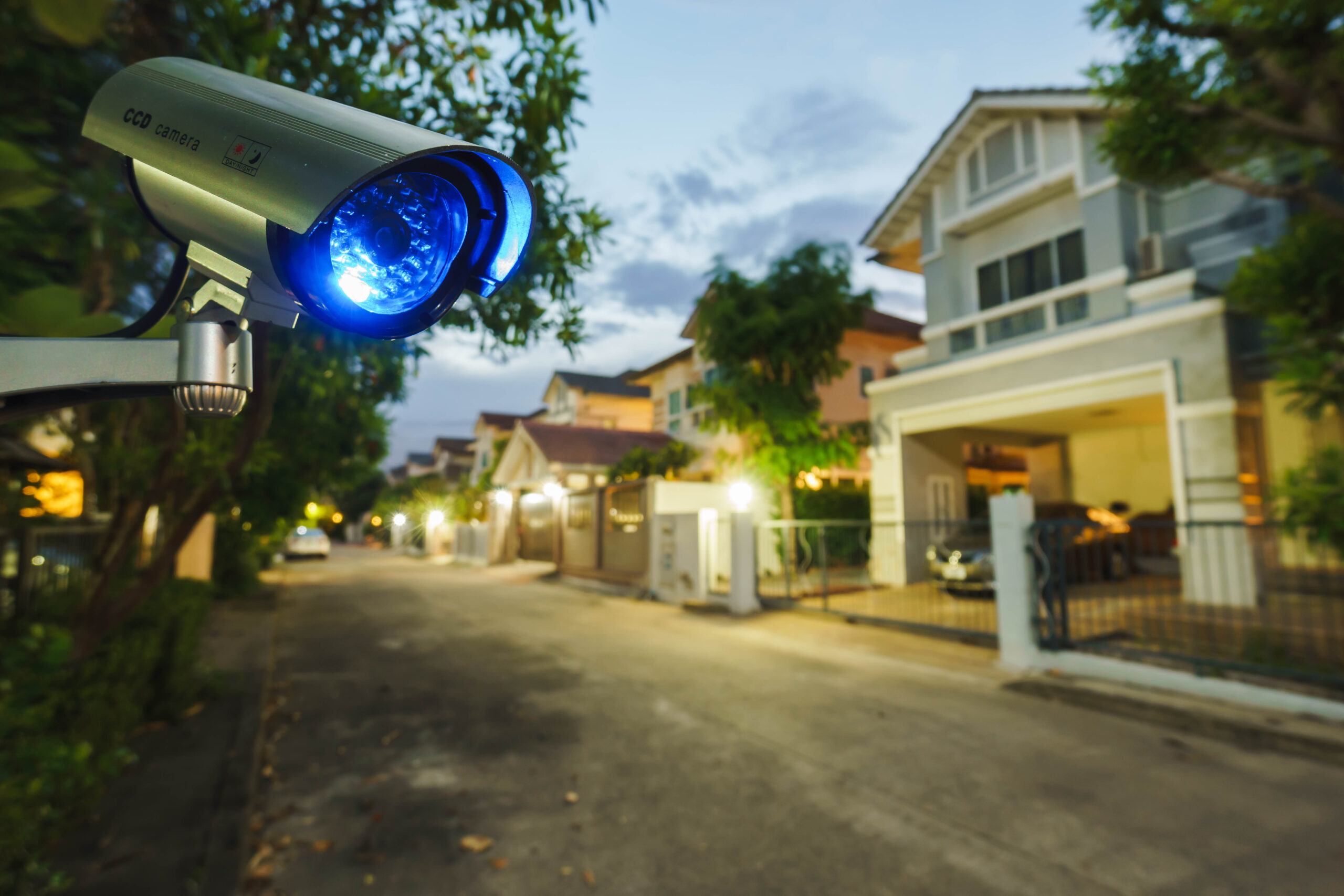by Brandy Abalos
Natural disasters like hurricanes, tornados and severe winter storms can cause devastation to
entire communities. Recovery can take months or even years for some people. In the meantime, you will need resources for food, clothing and other needs. Many organizations assist in many forms for people who go through natural disasters.
Here are some places where you can find relief after a natural disaster.
Federal Emergency Management Agency (FEMA)
FEMA provides support to citizens and first responders to prepare for, protect against, respond to, recover from and mitigate the effects of natural disasters throughout the United States. They offer assistance to communities and individuals who live in affected areas. You can apply for individual assistance on the FEMA website, via phone by calling (800) 621-3362 or in person at a Disaster Recovery Center.
After a disaster, Disaster Survivor Assistance team members may go door-to-door in affected areas to determine the needs of individuals. These people will have official FEMA photo identification. You should not give people who visit your personal information, as scammers may take advantage of the situation after a disaster. You should tell them about your needs and find out where to get help.
After a disaster, FEMA can help you with:
» Housing Assistance – This may include financial rental assistance, lodging expense reimbursement, home repairs, home replacement and rebuilding and direct housing.
» Personal Property – This may include replacing common household items and assistive equipment that supports daily living activities.
» Medical and Dental Assistance – This may include financial assistance to pay for medical or dental expenses related to the disaster.
» Funeral Assistance – This includes expenses incurred due to a death directly or indirectly caused by the disaster.
» Child Care Assistance – This may include financial assistance for increased child care costs due to the disaster.
» Transportation Expenses – This may include funds to repair or replace a vehicle damaged by a disaster.
» Moving and Storage Expenses – This may include costs to temporarily move and store personal property from the damaged primary residence while repairs are being made.
» Miscellaneous Expenses – This includes costs to purchase things not owned before the disaster, such as a wet/dry vacuum, chainsaw or generator.
FEMA provides several other assistance programs depending on the specific needs of the individuals within the communities that are affected by natural disasters.
American Red Cross
The American Red Cross responds to an emergency every 8 minutes. That includes everything from small house fires to large multi-state natural disasters. When there is a natural disaster, the Red Cross is often one of the first organizations to respond.
The American Red Cross provides people with clean water, safe shelter and hot meals. In the weeks after a disaster, they also provide comfort kits that contain basic personal supplies, such as a toothbrush, deodorant and shampoo. They may also provide individuals with emergency supplies like tarps, rakes, shovels and trash bags to help clean up.
The Red Cross has a team of volunteer health professionals who travel to natural disaster zones to help people in difficult situations. They provide basic first aid and monitor the well-being of people staying in Red Cross shelters. The American Red Cross can also help people replace prescription medication, eyeglasses and durable medical equipment.
If you need help from the American Red Cross, you can search for your Local Red Cross Location or find a Disaster Shelter near you.
The Salvation Army
The Salvation Army is another organization that responds to many natural disaster emergencies. They commonly provide free food, water and medical services to individuals in disaster areas. They have mobile services that can be quickly deployed with supplies for people in dangerous situations.
The Salvation Army Team Emergency Radio Network (SATERN) is a network of volunteer amateur radio communications specialists who are often mobilized to transmit emergency information during a natural disaster. If phone lines are down in an area, SATERN may be called into action, and you may be able to get messages to necessary individuals through these amateur radio specialists.
To obtain help from The Salvation Army, find your local Salvation Army or reach out to volunteers in your community.
Local Food Banks
One of your immediate needs after a natural disaster will be clean water and safe food. Local food banks may be open to providing these items to community members. Some foodbanks are members of national networks like Feeding America. Others may be operated by local churches or other non-profit organizations. In some communities, you can call a non-emergency government phone number like 2-1-1 to find resources like food and water.
Local Churches and Other Non-Profit Organizations
Churches and other non-profit organizations that are based in the location of the natural disaster are likely to have resources for individuals in need. If you are near the home location of one of these organizations, this may be the best place to seek help. They will have more understanding of local needs and how to access resources in the specific area where the disaster happened.
If you are a member of a specific church, that might be a good place to start when seeking relief after a natural disaster. Your church family will likely have a special fund to help people who have been affected. They may also have provisions like food, water, clothing and shelter if that is a common need for people in the area.
Seek Help As Soon As Possible After a Natural Disaster
The most important thing to do after a natural disaster is to seek help as quickly as possible. Some people want to try to be independent and fend for themselves. This is not the time to do it all yourself. Accept help willingly and let those who have the resources contribute to the rebuilding of your community








Leave A Comment